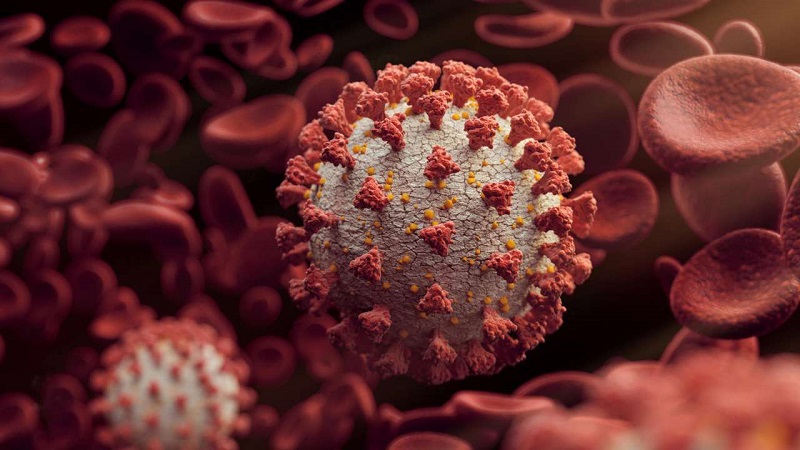
Lambda, a new coronavirus variant, has emerged. The latest variant of the virus that causes COVID-19 is seen by scientists and experts as a new threat to the gains made in the last year or so. On June 14, the World Health Organization (WHO) designated Lambda as a ‘variant of interest.’ The first case of this variant, previously known as C.37, was reported in December 2020, according to WHO.
The Lambda variant of SARS-CoV-2 was first detected in December 2020 in Peru. When a variant’s genetic changes are predicted or known to affect important characteristics, such as transmissibility, disease severity, immune escape, diagnostic or therapeutic escape, the world health organization labels it a ‘variant of interest.’ According to the WHO, a variant becomes a ‘variant of interest’ when it is identified as a cause of significant community transmission or multiple COVID-19 clusters in multiple countries, with increasing relative prevalence as the number of cases increases over time.
Despite the fact that there is limited information about whether the Lamda variant is immune to vaccines, researchers in Chile have published the findings of a study they conducted. Mutations in the spike protein of the Lambda variant of interest confer increased infectivity and immune escape from neutralising antibodies triggered by CoronaVac, the Sinovac COVID-19 vaccine, according to the preprint paper’s conclusions.
Lambda, the most recent variant of the novel coronavirus, has not been detected in India so far.

Post Your Comments